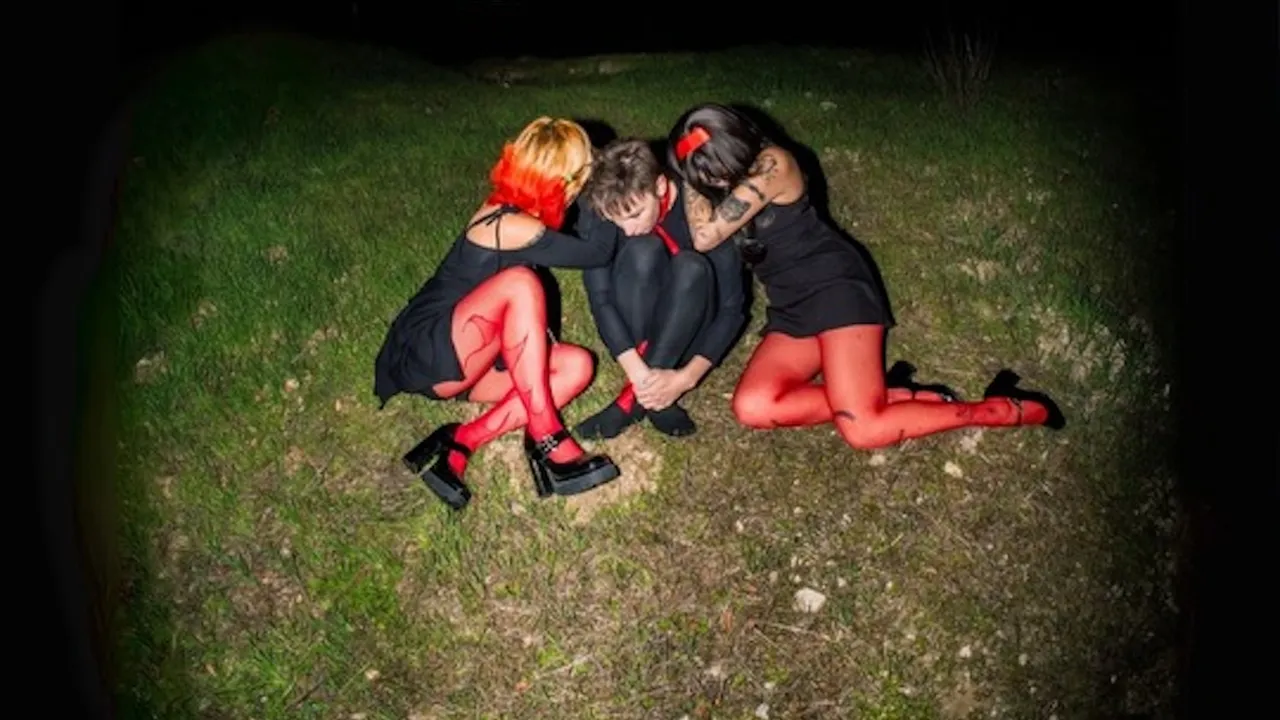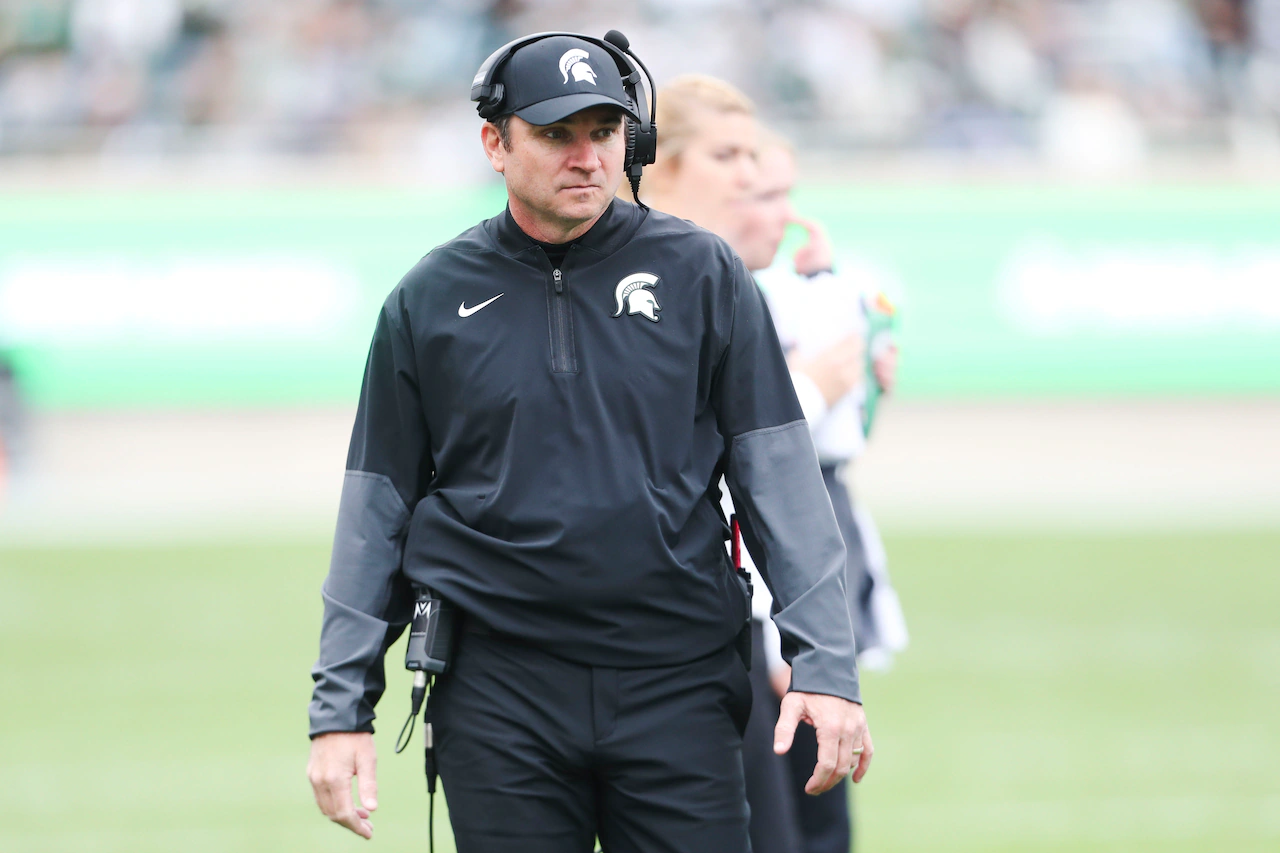Copyright Pitchfork

Suzie True are a fan’s band. Named after a line in a song by 1990s Memphis punks the Oblivians and self-described as “if the Powerpuff Girls formed a Blink-182 cover band,” they’re proud pop culture junkies. References abound—usually as shorthand for insecurities (“Collecting hearts like Pokémon/She’s such a ch-ch-cherry bomb!”) or objects of affection (“Dancing like it’s 1987/And you say I’m just like heaven”), almost always as outlets for escapism. These are songs for slamming your bedroom door because nobody understands, for pretending you’re in a music video even though you’re just driving around your hometown—with the windows down and the radio cranked all the way up, you can hardly tell the difference. The band’s embrace of youthful femininity and Y2K-era pop-punk nostalgia could be written off as a “twentysomething teenage girl” trope; luckily, Suzie True songs are too smart and self-aware to let that happen. “I used to be young and dumb/Now I’m just dumb,” lead singer and bassist Lexi McCoy sang on the title track of 2023’s Sentimental Scum. On Suzie True’s third LP, How I Learned to Love What’s Gone, McCoy hasn’t shed her self-deprecation or head-in-the-clouds romanticism; her arrested development acts both as a hurdle to clear on the way to becoming a so-called real adult and a protective shield against a society that punishes girls for daring to grow into women. “As long as I look 23 on my 30th birthday, everything will be alright,” she sings on “Get Prettier Overnight!!!,” a track that calls to mind Weezer’s “The Good Life” in its guitar melodies and the Josie and the Pussycats soundtrack in McCoy’s vocal delivery. These anxieties are hardly skin-deep; Suzie True’s turn-of-the-millennium radio rock kitsch reflects the struggle of growing up in an age of tabloid viciousness, “bimbo summits,” and “nothing tastes as good as skinny feels.” “Leeches (Play Dead!)” seeks refuge from a dysfunctional relationship in apathy: “Be a good girl for you and play dead,” McCoy squeals, maintaining a detached front that breaks down at the furious chorus. Lighter moments leverage emotional immaturity for laughs. “You’re just like my student loans/If I ignore you then you don’t exist,” McCoy jeers—just one of many joyous post-breakup kiss-offs on opener “Glow.” Album producer Chris Farren favors just enough fuzziness to maintain the band’s basement-bred spirit while putting guitarist G Leonardo’s chunky power chords and McCoy’s wry, spritely vocal melodies front and center. The verses on “Oh, Baby!!!” float on air with breathy delivery and a ’60s girl-group progression, until the skate-punk chorus hits like a bulldozer. “Leeches” and “So Blame Me” toss snotty barbs and Valley Girl “whatever”s into wall-of-death breakdowns. Suzie True sound like they’re constantly under the spell of a life-affirming and/or life-destroying crush, whether on a person or one of their favorite bands. It’s no coincidence that two songs on this album use the word “love” in their titles, or that three include at least one exclamation point: There are certain feelings whose enormity can only be expressed with a hurricane of mascara-streaked tears. When the emotions come a mile a minute, so do the hooks. Suzie True’s teen angst may have overstayed its welcome, but on How I Learned to Love What’s Gone, they present a pretty compelling argument in favor of never growing up. All products featured on Pitchfork are independently selected by our editors. However, when you buy something through our retail links, we may earn an affiliate commission. Suzie True: How I Learned to Love What’s Gone



